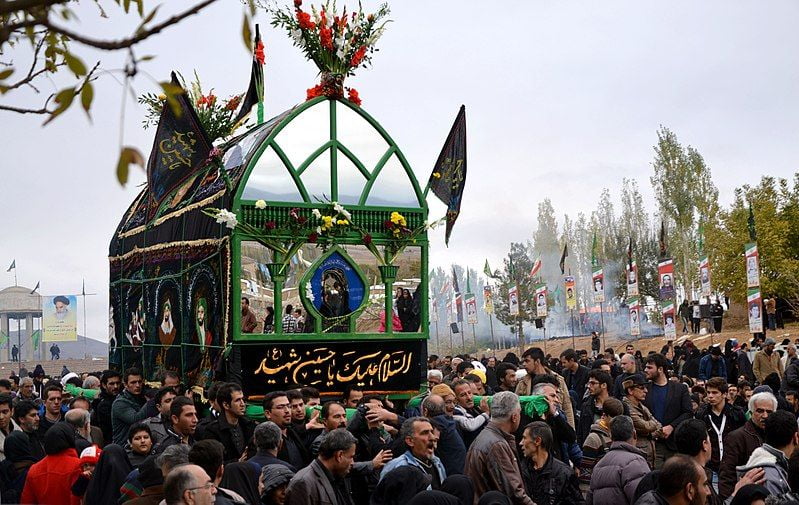King Boris Seeks a Way Out
Toward the later years of World War II, King Boris III of Bulgaria secretly began negotiating with his father-in-law, King Victor Emmanuel III of Italy, in hopes of finding a safe way to withdraw from the war. Boris understood that Germany was losing ground and that Bulgaria’s close ties to Hitler’s regime could bring disaster.
However, Adolf Hitler soon discovered these secret negotiations. Boris was summoned to Germany to meet with him directly. After returning to Sofia from this tense meeting, King Boris suddenly fell ill and died in September 1943. Many believed his death was suspicious, with rumors that he may have been poisoned. His sudden passing left Bulgaria in political chaos World War II and Bulgaria.
German Puppet Government Installed
After Boris’ death, Bulgaria came under stronger German influence. A regency council was formed for the young heir, King Simeon II, and a pro-German government was installed. Dobri Bozhilov became prime minister, while Bogdan Filov served as one of the regents. Essentially, Bulgaria was turned into a puppet state under Nazi Germany’s control.
Meanwhile, the Allies had already been trying to negotiate secretly with Bulgarian leaders, hoping to persuade them to break away from Germany. Bulgarian officials argued that the country was “neutral” because it had not sent troops to fight against the Allies. However, this was not convincing, since German soldiers still used Bulgarian territory. The United States warned Bulgaria that unless it clearly broke with Germany, its major cities would be bombed.
Soviet Designs on the Balkans
The Teheran Conference Decisions
At the end of 1943, the Allied powers—Britain, the United States, and the Soviet Union—met at the Teheran Conference. Two important decisions were made that would shape Bulgaria’s future. First, it was agreed that Bulgaria would be bombed to pressure it away from Germany. Second, it was declared that both Bulgaria and Romania would fall into the Soviet Union’s zone of influence until the end of the war. This meant that their fate was essentially left in Soviet hands. Another decision at Teheran was to support the Yugoslav Communist leader Tito, rather than the nationalist guerilla commander Mihailović Turkey Sightseeing.
Bombing of Sofia and Soviet Demands
In January and March 1944, Allied air raids devastated Sofia, destroying large parts of the city and killing thousands of civilians. At the same time, the Soviet Union demanded that Bulgaria open all of its Soviet consulates, a move that would increase Soviet influence inside the country. But Bulgaria refused, since German troops were still occupying its territory. Meanwhile, Bulgarian partisans were rising in strength, fighting against the pro-Nazi government.
Weak Leadership and Approaching Soviet Forces
In June 1944, Dobri Bozhilov was replaced by Ivan Bagrianov as prime minister. Bagrianov tried to present Bulgaria as neutral, but he delayed in removing German forces from Varna and Burgas, as the Soviets demanded. His hesitation revealed the weak and divided leadership of the time.
A Bulgarian delegation was even sent to the Cairo Conference to negotiate an armistice with the Allies. However, these talks failed to reach any meaningful agreement. By late August 1944, Soviet and Romanian forces had reached the Danube River, directly on Bulgaria’s northern frontier. The Red Army now stood ready to invade Bulgaria, and the country’s future would soon be determined by Moscow.
The death of King Boris left Bulgaria vulnerable and divided. Under weak governments, the country struggled between German pressure, Allied bombing, and Soviet demands. By 1944, with the Red Army at its borders, Bulgaria’s fate was no longer in its own hands—it had become a battleground in the wider struggle for dominance in the Balkans.








